What makes a Google review most relevant? What is this?
Contents
- What makes a Google review most relevant?
- Are Google reviews still relevant?
- What criteria is used by Google to decide if a review is more relevant?
- What’s the deal with Google’s ever-evolving algorithm?
- Why does review length matter?
- How does review specificity impact relevance?
- Does the reviewer’s location affect relevance?
- What role do keywords play in review relevance?
- Are reviews with pictures more relevant?
- Is recency important to Google Reviews?
- Are negative reviews considered relevant, too?
- Why should you respond to the most relevant Google reviews?
- Conclusion
What makes a Google review most relevant? In displaying their list of reviews, Google doesn’t show the reviews in chronological order by default. Instead, reviews are shown by what Google refers to as “Most Relevant”.
So What makes a Google review most relevant? Next, let’s explore with Audiencegain!
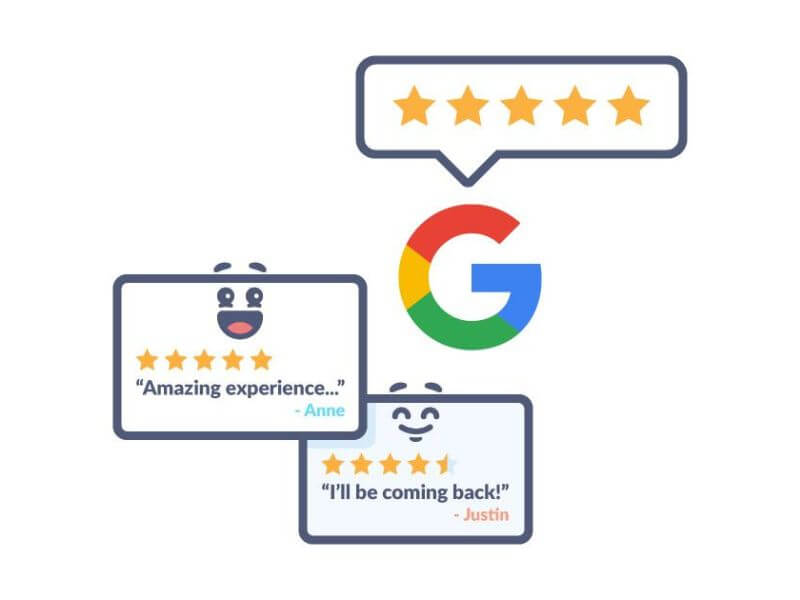
What makes a Google review most relevant?
A relevant review on Google is one that offers specific and recent information about a business’s products or services. It should be honest, unbiased, and focus on the customer’s personal experience to aid others in making informed choices.
Are Google reviews still relevant?
Yes, Google reviews are still relevant in helping consumers make informed decisions about businesses. They provide valuable insights into a company’s reputation and can influence potential customers.
Recent surveys suggest that 81% of consumers read Google reviews before making a purchase. Aside from this, 56% of consumers say they always do a quick Google search before making a purchase, and since Google prioritizes the content across their platforms, consumers are likely to read Google Reviews first.
Read How effective are Google Reviews for a business? to learn more about how Google Reviews can boost your business.
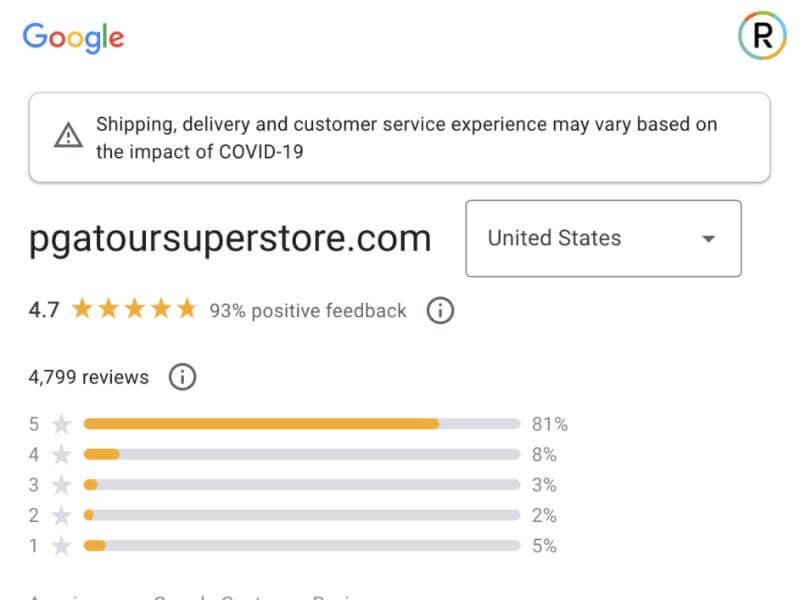
Read More: Buy Google Reviews
What criteria is used by Google to decide if a review is more relevant?
In displaying their list of reviews, Google doesn’t show the reviews in chronological order by default. Instead, reviews are shown by what Google refers to as “Most Relevant”.
Here are what seem to be the top 5 factors in what makes a review more relevant.
- Review Length: taking up at least 200 characters, a longer review is deemed more relevant as Google assumes that more content = more useful. For a restaurant, there may be longer descriptions about the best dishes, details about the service, or suggestions on parking and reservations. The length of a review correlates with its position on the “most relevant” list.
- Specificity: Not unrelated to length, a specific review is considered more useful than a general review. Specificity is related to length in this case because a review that tells a specific story will likely be longer than a review that shares a general thought about one’s experience. When an individual shares precise feedback about the highlights and details of their time at an establishment, their review will likely be considered more relevant.
- Written Locally: Some reviewers have more reviewing experience than others and can become ‘Local Guides’ on Google. These local guides are considered to be experts in the field of business judgment, at least in their area. They’ve dined at many restaurants, left many reviews, and hold many, valuable opinions. In Google’s eyes, a review that is written by a local guide is feedback to be trusted.
- Incorporating Keywords: This factor likely relates to specificity, but we must acknowledge how keywords play a part in relevancy rankings. Dropping keywords in your review (ex: restaurant, Italian dishes, best customer service, most romantic) will lead to a higher ranking than a review that merely shares how the author had a “pretty good time.” If you are performing a google search for a restaurant and include keywords like this, chances are Google will show reviews with as many matching keywords as possible.
- Pics Or It Didn’t Happen: Photographic evidence often is included in the Most Relevant reviews, in part because they are somewhat rare, depending upon your industry. Photos are helpful to prospective customers, as they catalyze decision making. Photos also build trust between the reviewer and reader, proving that the reviewer was really there and had the right to form the opinions they did. As they say, seeing is believing.
Here are factors that did not seem to have much of an impact on their relevancy:
- Votes/Likes: Unless a review gets 10-20 votes/shares on the post, it won’t help much to get a few. (Unless a review is viral-worthy, it won’t get many votes or shares anyways)
- Response from owner: Owner responses did not seem to affect placements on the Most Relevant list.
- Negative: Contrary to popular belief, Google does not rank negative reviews higher than positive ones. In all of the tests, positive reviews meeting the criteria outlined above are just as likely to be considered relevant as their negative review counterparts.
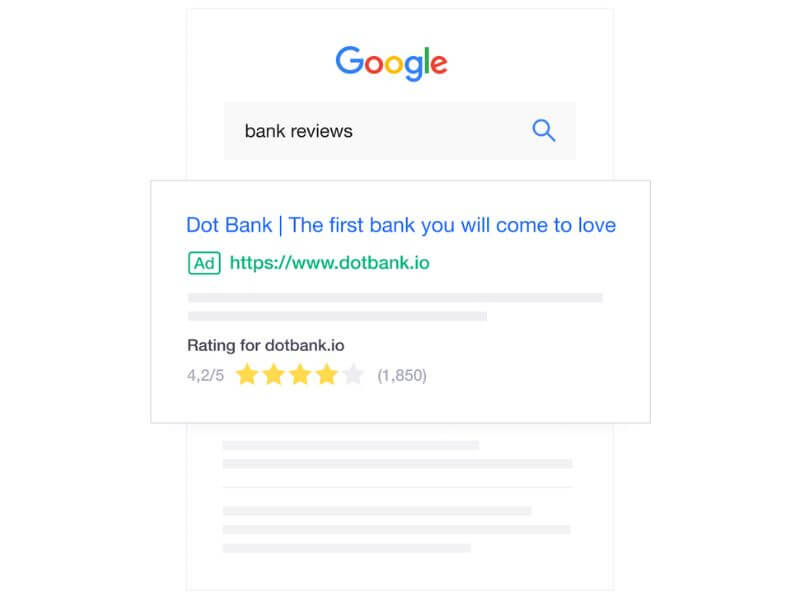
What’s the deal with Google’s ever-evolving algorithm?
Decoding Google’s algorithm can feel a bit like taming a digital beast. It’s ever-changing and often elusive, yet it is this very chase that allows digital marketers and local SEO experts to understand Google’s current (as of 2023) criteria for choosing the ‘Most Relevant’ reviews.
But why does Google even have this algorithm?
The aim is simple. Google wants to help you make the best decisions by providing you with helpful and relevant information. Latest reviews may provide recent feedback, but not always the most useful content for your decision.
Why does review length matter?
The longer, the better – That’s Google’s mantra. Google believes reviews with at least 200 characters have more useful details. More information could mean insightful reports of a restaurant’s best dishes, service standards, or even parking and reservation tips.
So, the length of a review can significantly influence its position on Google’s “most relevant” list.
How does review specificity impact relevance?
When it comes to reviews, being specific is vital. When a reviewer shares detailed feedback about their experience, their review is more likely to matter. Specificity adds a layer of depth and authenticity to the review.

Does the reviewer’s location affect relevance?
Guess what – who writes a review also matters. Some reviewers are Google’s Local Guides with a wealth of experience reviewing local businesses. Their input is highly trusted by Google as they’ve sampled countless restaurants and left many reviews.
Location-based reviews are also used by Google to determine your ranking on a local search.
What role do keywords play in review relevance?
Keywords are quite the game changers. If a review includes keywords related to the business (like restaurant, Italian dishes, best customer service, or most romantic), it’s more likely to get a higher ranking. When your search includes these keywords, Google prioritizes matching reviews.
Furthermore, keywords in Google Reviews can significantly affect your search visibility.
Are reviews with pictures more relevant?
Indeed, they are. Reviews with pictures are more likely to top the relevance chart. Photos provide a visual account of the reviewer’s experience, assisting potential customers in making informed choices. For Google, seeing is indeed believing.
Is recency important to Google Reviews?
Yes, recency is important to Google Reviews. More recent reviews are often given more weight by Google’s algorithms, as they provide a more up-to-date perspective on a business.
Users typically find recent reviews more relevant in making decisions, so they have a significant impact on a business’s online reputation.
Are negative reviews considered relevant, too?
Yes, Google doesn’t discriminate when it comes to review relevance. Even negative reviews that are detailed, specific, include relevant keywords, and supported by photos can feature as the most relevant reviews. Google believes in presenting both sides of the story.
While negative reviews are relevant, too, it’s important to know how to flag reviews that may be giving a wrong depiction of your business
Why should you respond to the most relevant Google reviews?
Interacting with the most relevant Google reviews is essential to your business reputation. It demonstrates that you value client feedback and care for your customers.
Plus, your responses can also influence the algorithms favoring your business by incorporating relevant keywords and confirming reviewer’s specifics. It’s a win-win!
Conclusion
Whether you’re scouting for the perfect romantic dinner spot or figuring out why certain reviews top your business page, understanding Google’s criteria for choosing the most relevant reviews can be quite insightful. To maintain a Google Business Profile with the most relevant information, keep the reviews coming. Consider automating review requests for optimum results.
So, armed with your newfound understanding, you’re all set for your next Google search for the perfect dinner spot. Remember, Google’s algorithm is working tirelessly to help you plan a memorable night out.
Above is information about What makes a Google review most relevant? What is this? that we have compiled.
Hopefully, through the above content, you have a more detailed understanding of Google review most relevant.
Harness the power of positive testimonials to drive your business forward now! Get authentic Google Reviews from our reputable platform at AudienceGain and see your reputation skyrocket.
Thank you for reading our post.
Related articles:
- Buy 5 star reviews
- How to get Google reviews from customers
- What is Use Viral Google reviews
- What is Google review bot 5 star
- How to add reviews to Google my business
- What are fake 5 star Google reviews
- How to buy Google negative reviews
- How to get 5 star Google reviews
- How to get Google reviews for my business
- How to get good reviews on Google
- How to get paid reviews on Google
Buy 50 Gmail Accounts (PVA, Aged & Bulk): Top 5 Best Website
Buy 50 Gmail accounts is information are you looking for? Having numerous Gmail accounts for different purposes has become usual in today’s digital world. There...
Buy 100 Gmail Accounts in Bulk (PVA & Aged) instant delivery
Where can I buy 100 Gmail accounts today? In the digital age, having a strong online presence is crucial for any business or individual looking...
Buy 1000 Gmail Accounts (PVA & Aged): 5 Best sites to buy account
Buy 1000 Gmail accounts is the information you are looking for? Having numerous Gmail accounts for different purposes has become usual in today’s digital world....
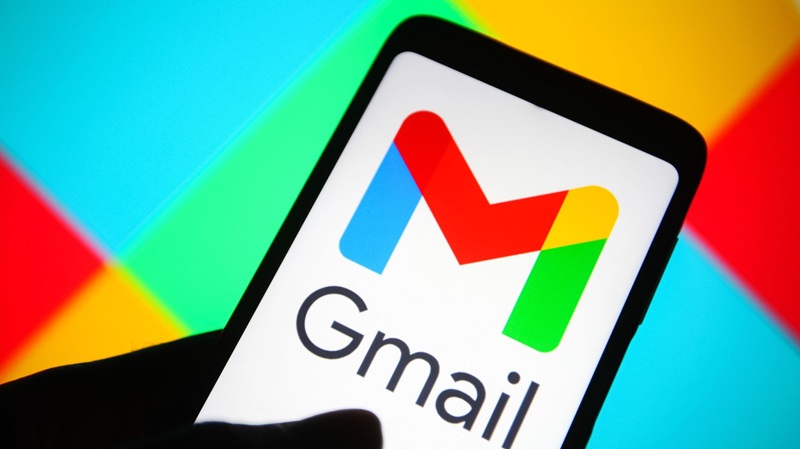
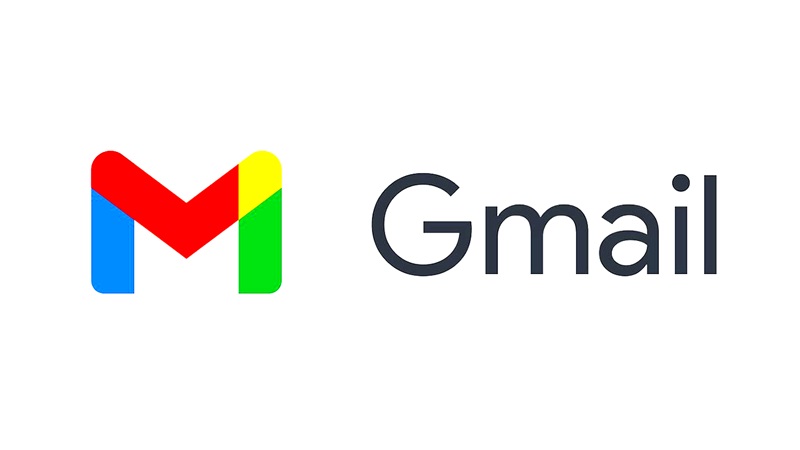




You must be logged in to post a comment Login